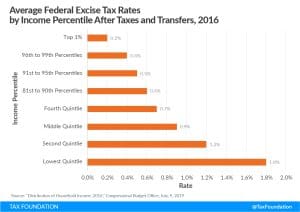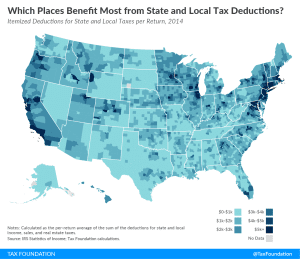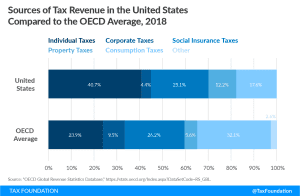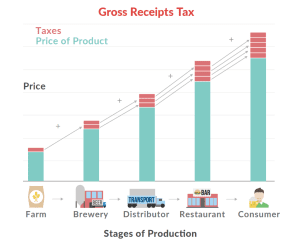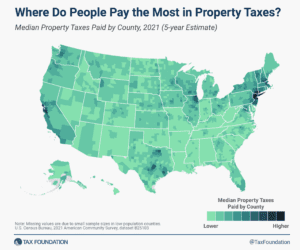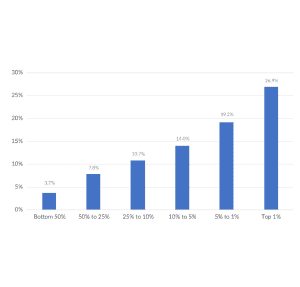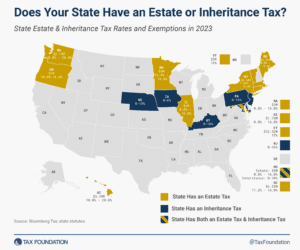Comparing Europe’s Tax Systems: Individual Taxes
How do individual income tax codes compare among European OECD countries? Explore our new map to see how individual income tax systems in Europe compare.
3 min read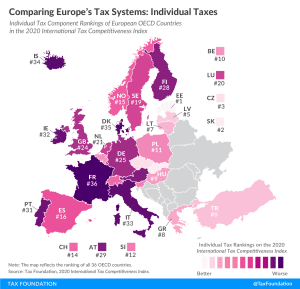
How do individual income tax codes compare among European OECD countries? Explore our new map to see how individual income tax systems in Europe compare.
3 min read
Joe Biden recently released a piece reviewing his tax proposals, contrasting them with President Donald Trump’s tax ideas. A major theme within this piece can be summarized in the title: “A Tale of Two Tax Policies: Trump Rewards Wealth, Biden Rewards Work.”
4 min read
Brazil has one of the world’s most complex tax systems. Brazil has the opportunity to implement a simple consumption tax and foster tax progressivity at the same time.
5 min read


